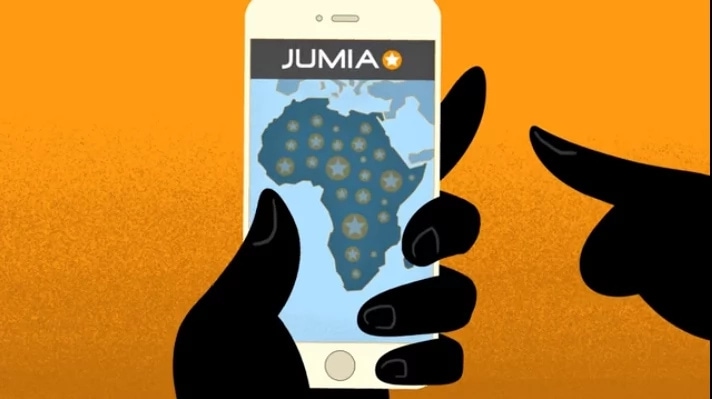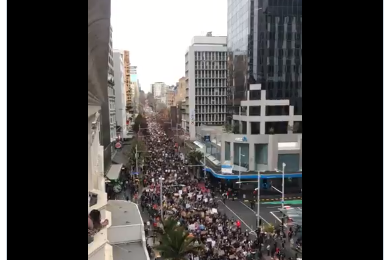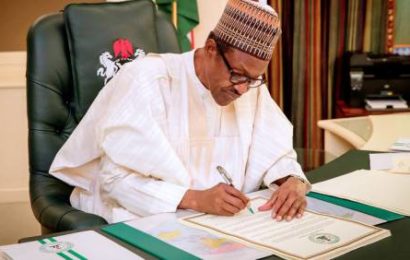
Online shopping mall, Jumia Nigeria, on Thursday said that Nigeria was fast becoming a mobile-first country with 162 million subscribers and penetration rate of 84 per cent.
The Chief Executive Officer of Jumia Nigeria, Mrs Juliet Anammah, made the assessment at the 2018 Mobile Report Launch.
“The availability of lower price point phones has paved way for more Nigerians to own mobile phones.
“With an increase in the number of affordable phones entering Nigerian market, and looking at the trajectory growth between 2016 and 2017, there is a strong indication that by the end of 2018, we will have 100 per cent mobile penetration,’’ she said.
Anammah said that Nigeria remained Africa’s largest mobile market with about 162 million subscribers and penetration rate of 84 per cent.
She noted that Nigeria’s mobile penetration in 2016 stood at 53 per cent.
According to the CEO, in spite of challenges, Nigeria’s mobile economy contributes 9.5 per cent to the nation’s Gross Domestic Product (GDP) worth N29.5 trillion in economic value.
“Even with the unstable economic climate, mobile and telecommunication sector’s contributions to the GDP remains strong,” she added.
Anammah said that with internet connectivity still on the rise in Nigeria and across Africa, there were 98 million users of internet and 21 million users of smart phones in Nigeria.
Mr Olubayo Adekambi, the Chief Transformation Officer, MTN Nigeria, said that the preponderance of low-cost smartphones and the drive toward aspirational self-enhancement and exciting mobile operator-led propositions drove smartphone penetration.
“The penetration has increased with first-timers finding a compelling reason to pick up low-priced smartphones or secondhand smartphones.
“Peer-to-peer mobile video sharing and over- the-top video platforms drove incremental increases in internet usage, with the so-called illiterates joining the bandwagon to enjoy their latest comedy on the go.
“This mobile trend is shifting advertising focus from traditional TV to short videos shown as branded content with subtle product placement.
“According to Markelytics.ng’s Mobile Poll, WhatsApp is the most actively used app for video sharing, and an average Nigerian spent 35 minutes per day on this platform.
“The increasing mobile behaviour of the emerging digital natives provided a veritable platform to monetise mobile footprints beyond the traditional ad-based user-generated content that we are all familiar with,” Adekambi said.








